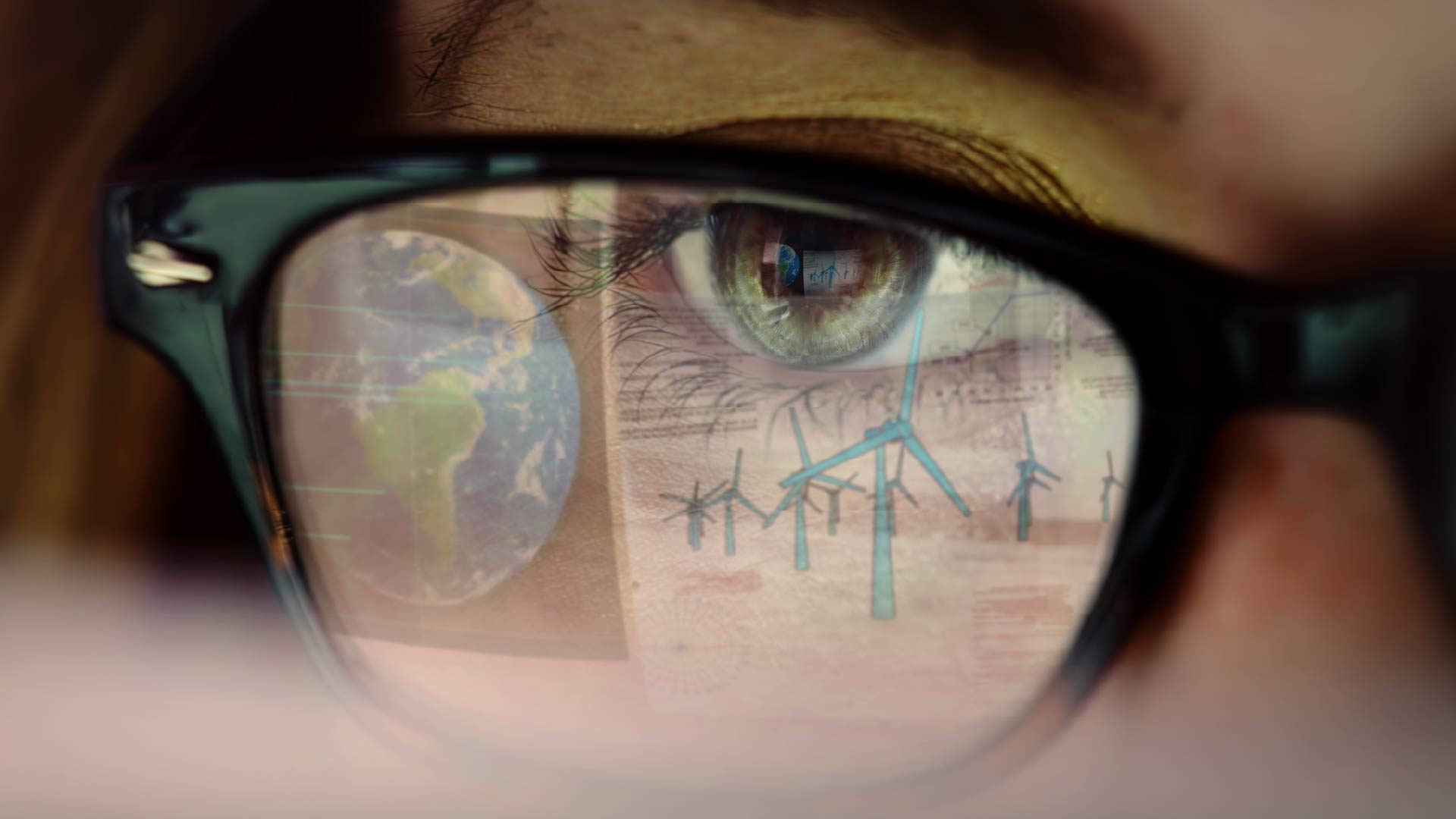Market Insight: Nine Ways AI Will Drive Decarbonization
29 Apr, 2024
Access this research
Access all Carbon Management Software content with a strategic subscription or buy this single report
Need help or have a question about this report? Contact us for assistance
Executive Summary
Net zero and sustainability executives face multiple obstacles when implementing a decarbonization strategy, from creating a large repository of carbon data sourced across the organization to facing uncertainties around their net zero targets. As software vendors and consultancies incorporate AI into their products and offerings to provide solutions to common decarbonization challenges, they should carefully consider their positioning in the market, as well as unexplored opportunities for the application of AI to decarbonization use cases. Potential – and existing – applications span carbon data anomalies detection, carbon calculations facilitation, emissions forecasting, supply chain emissions hotspot identification, and methane leaks detection and prevention.
Applications of artificial intelligence will have a large net impact on decarbonization
AI lends itself to large emissions data sets and forward-looking analysis
Applying AI to decarbonization strategy development and implementation
AI lends itself to large emissions data sets and forward-looking analysis
Applying AI to decarbonization strategy development and implementation
Figure 1. AI helps overcome challenges to manage carbon data and implement decarbonization plans
Figure 2. Net zero target-setting, pathways and forecasting is a high priority for over half of respondents
Figure 2. Net zero target-setting, pathways and forecasting is a high priority for over half of respondents
About the Authors
.png?sfvrsn=db470322_1)
Alessandra Leggieri
Senior Analyst
Alessandra is a Senior Analyst at Verdantix, specializing in carbon management and software for product carbon footprints. Her research spans over 100 vendors in the carbon ma...
View Profile
Ryan Skinner
Research Director
Ryan is a Research Director at Verdantix, where he leads a team of analysts delivering research, data and advisory services that help clients navigate the fast-evolving landsc...
View Profile





